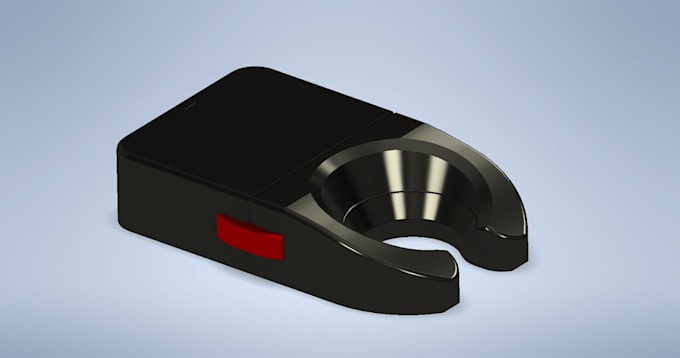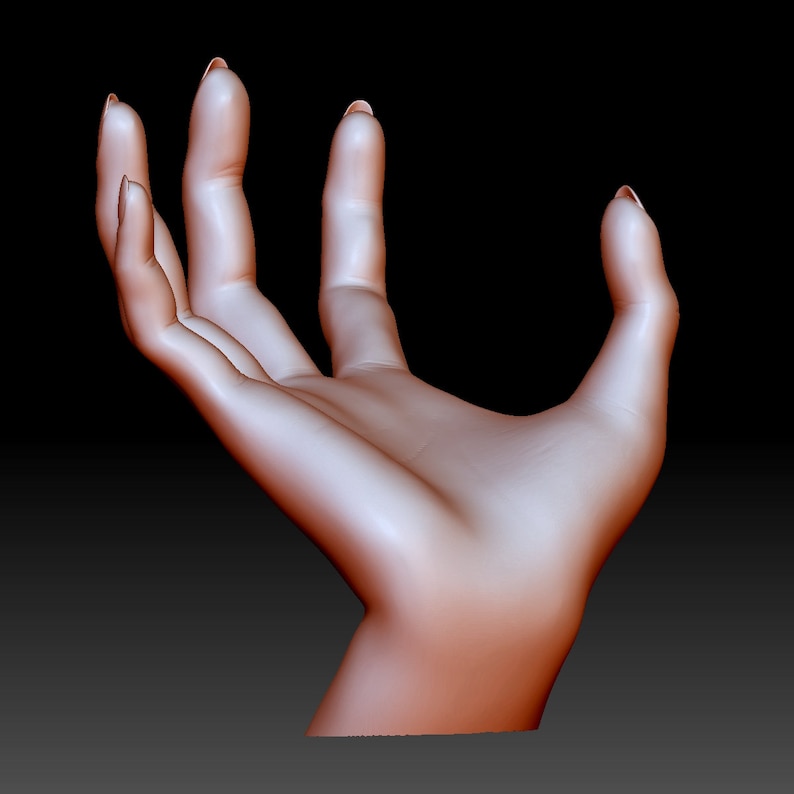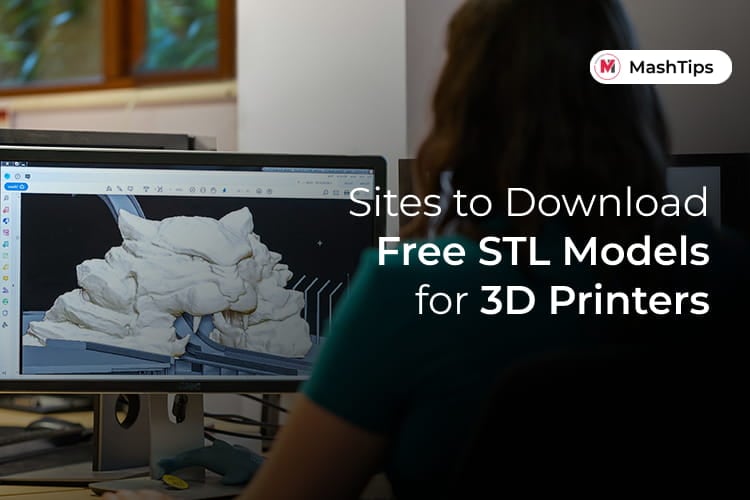
If you want to achieve nice internal detail you can print the building storey by storey and then glue it up at the end.The detailing can be a bit tricky with models at 1:200 scale (usually required for planning permission) as blade-like structures can look rather bulky and tend to get very fragile. A standard 3D printer can handle about 1.0 mm as minimum thickness depending what 3D printing material you would use too – there are all sorts of resin and/or plastic.all morphs could be non-solids, please check the morph settings!.openings with visible Opening Direction Lines also have unconnected free standing edges.several construction elements can also have 0 height: shells, walls and slabs for example.lights, downspouts, shutters use 0 height elements and some grids and old 3D dimensions have unconnected free standing edges.A couple of elements that are not solids in Archicad thus might not print properly:.Be aware that you will not get transparent forms or effects especially like glass ballustrades.tip: delete glass balustrades from Archicad models and glue them in afterwards, with a solid plastic, like perspex.

All the filtering, hiding, deleting is best achieved in the 3D view then.

Uncheck Door/Window/Skylight/Curtainwall in View > Elements in 3D View > Filter and Cut Elements in 3D or exclude transparent surfaces using the save option mentioned above. It is advised to leave doors and windows out of the model since they raise the number of polygons dramatically while leaving them out also makes it possible to get a view into the model.Open File menu/File Special/Merge file dialogue.

Select StereoLithograpy File as file type.To import STL files there are two options: Open or Merge.


 0 kommentar(er)
0 kommentar(er)
